Murdoch, mayhem and empire building – the unstoppable rise of James Murdoch
Few business moguls are as notoriously ruthless as Rupert Murdoch – but his son James may just top him. His power grabs in his father’s £43bn empire have seen as much cunning and bloodletting as a Shakespearean tragedy. By Michael Wolff
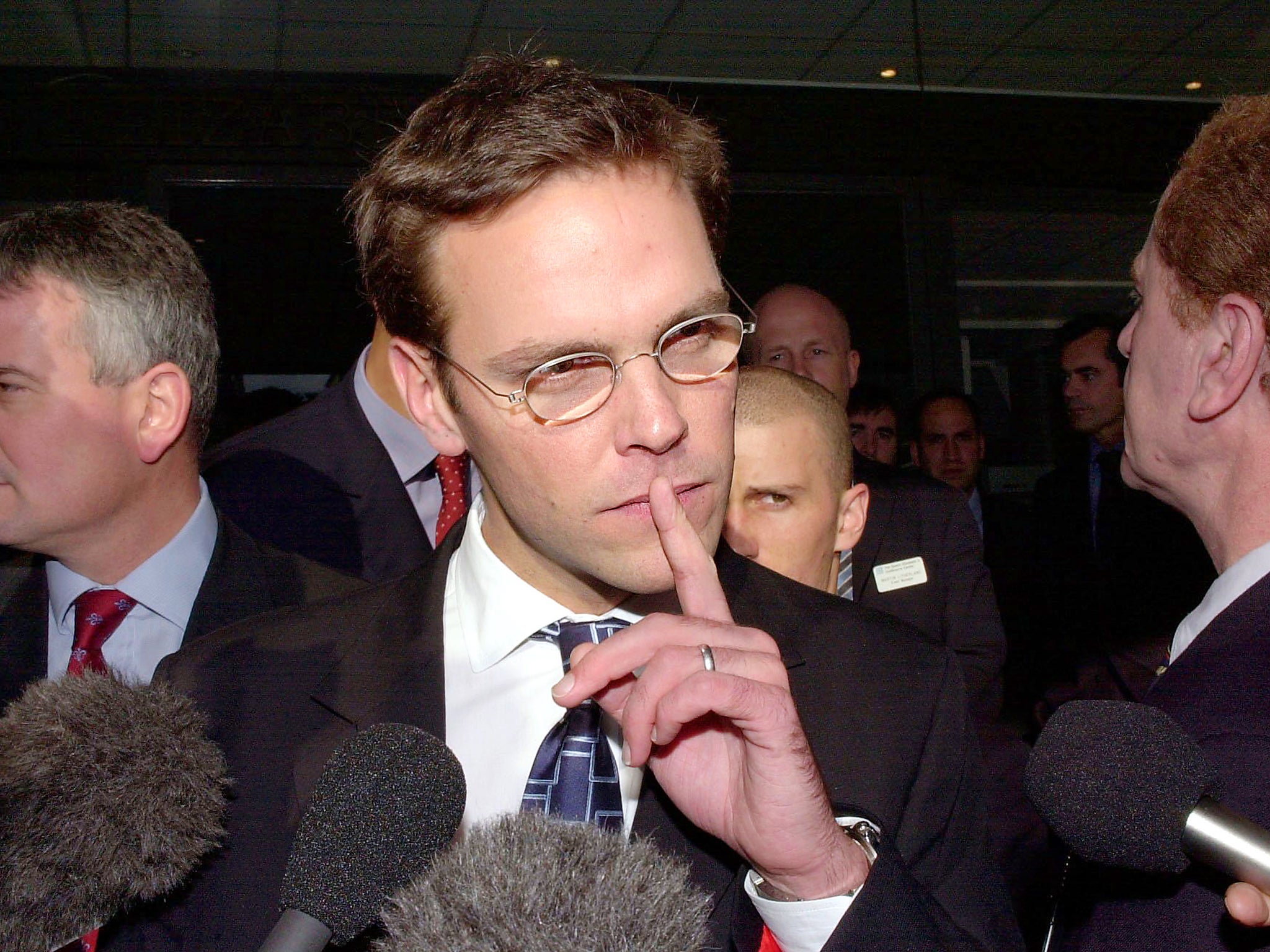
Your support helps us to tell the story
From reproductive rights to climate change to Big Tech, The Independent is on the ground when the story is developing. Whether it's investigating the financials of Elon Musk's pro-Trump PAC or producing our latest documentary, 'The A Word', which shines a light on the American women fighting for reproductive rights, we know how important it is to parse out the facts from the messaging.
At such a critical moment in US history, we need reporters on the ground. Your donation allows us to keep sending journalists to speak to both sides of the story.
The Independent is trusted by Americans across the entire political spectrum. And unlike many other quality news outlets, we choose not to lock Americans out of our reporting and analysis with paywalls. We believe quality journalism should be available to everyone, paid for by those who can afford it.
Your support makes all the difference.Last month, Rupert Murdoch’s 21st Century Fox announced it would buy the 61 per cent of British satellite television company Sky that it does not already own for almost $15bn (£12.3bn). This consolidation of one of the biggest media companies in Europe is part of the megamerger trend sweeping the industry (US telecoms giant AT&T recently agreed to buy entertainment conglomerate Time Warner), but it is also a particularly personal spin on empire building.
In the spring of 2008, in his office with the stand-up desk at company headquarters in Wapping, London, James Murdoch, Rupert Murdoch’s second son, and now the CEO of 21st Century Fox, listed for me, not without some humour, his three hopes for the company his family controlled: (1) the retirement of his father; (2) the ousting of Fox News chief Roger Ailes, longtime nemesis of James and his siblings; and (3) the complete control of Sky (then called BSkyB).
So far, the ledger is looking pretty good for the 44-year-old scion: his father may not be retired, but he’s taking evermore of a backseat to James and his brother Lachlan, the company’s other top executive. The abominated Ailes was pushed out this past summer. And now, after its 2010 bid for Sky was blocked by the UK Government over the phone-hacking scandal that involved Murdoch’s British reporters, Sky is again within reach – albeit for almost $3bn more than in 2010.
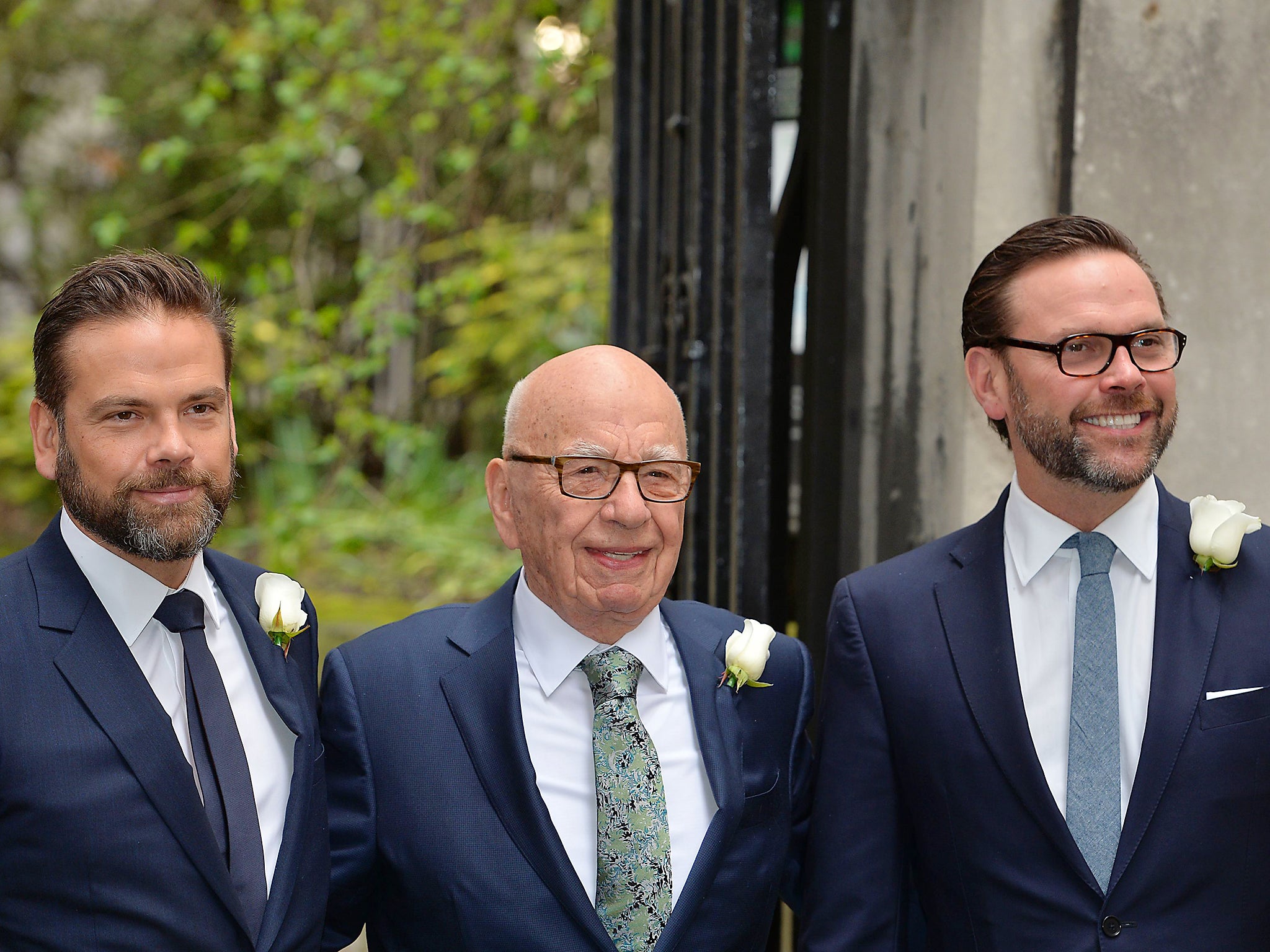
The deal not only advances the career prospects of James, the world’s most inevitable media mogul, but also illustrates his brand of moguldom. As the media world and its moguls are subsumed by anonymous telecoms and billion-user digital platforms, James, in classic mogul mode, is trying to make his family’s $52bn company uniquely his. While it is hard to find any immediate logic for the Sky deal – it’s a satellite television company in an increasingly internet/on-demand world; it’s a distribution company when content is the value play – it is clearly, for James, the white whale in the Murdoch legacy, and an integral part of his what he sees as his destiny as a mogul.
Rupert Murdoch’s big-bet launch of Sky in 1989 brought his company to the edge of bankruptcy. In the 1990 forced merger with British Sky Broadcasting, the Murdochs lost the 61 percent that, a generation later, they are now trying to recover. James’s sister Elisabeth went to work for Sky in 1996 as her father’s eyes and ears; and, in 2000, denied control, she left in a rift with her father that has never fully healed. In 2003, determined to instal James, then 30, as CEO of Sky, a theoretically independent company, his father had to call in every favour and strong-arm every possible ally in London’s financial community to get James the job. Then, when his father needed James to run his British newspapers, James resisted taking what he saw as a lesser job, and bargained with his old man to have him buy up the rest of Sky, so James could run both.
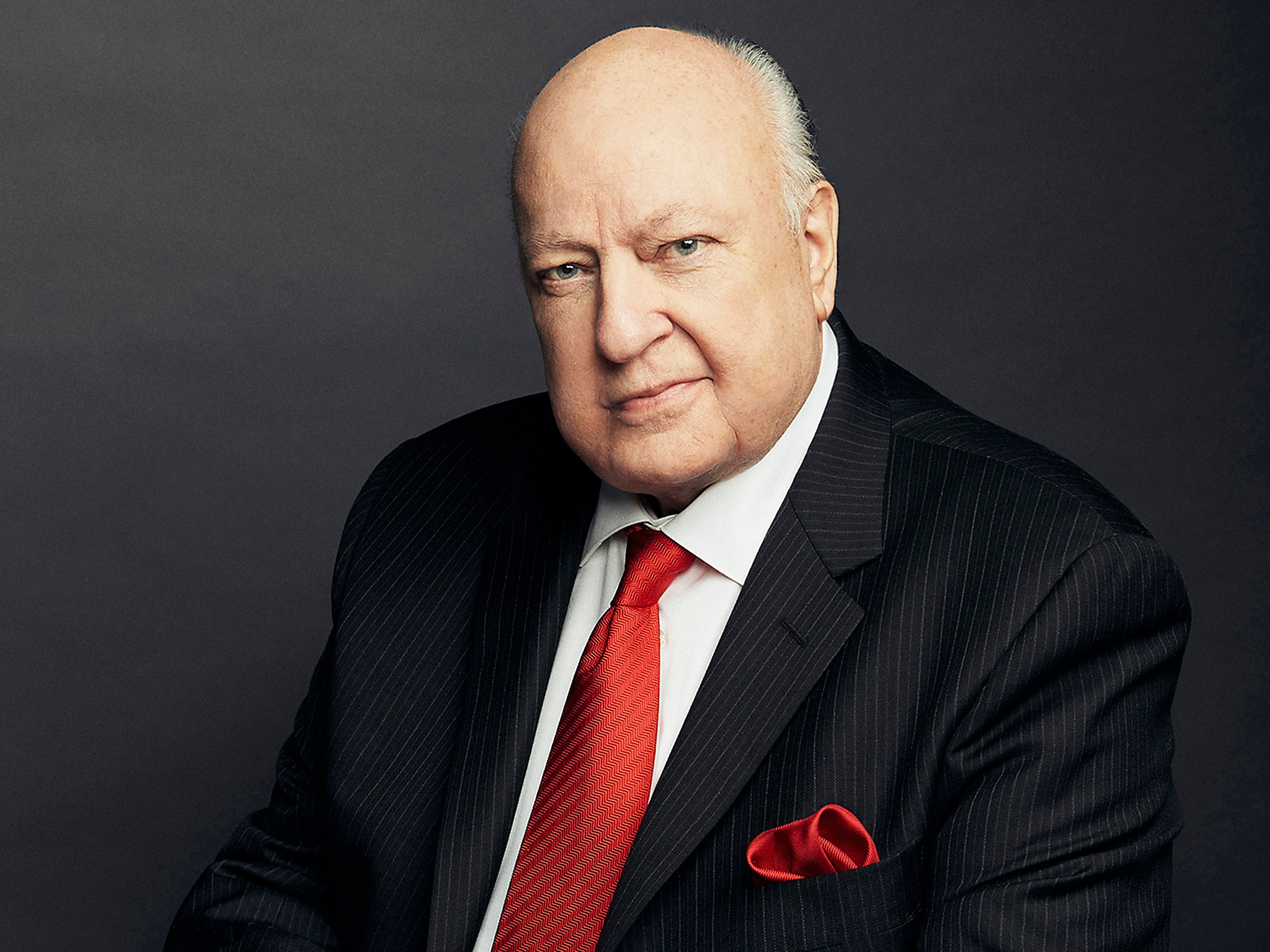
That ambition, in the view of some, is the reason James authorised payments to certain hacking victims: so that their allegations would not interfere with the Sky deal. But when this cover-up was revealed, the deal was scotched, and James, fearing prosecution, returned to the US – wholly discredited, it seemed, and washed up.
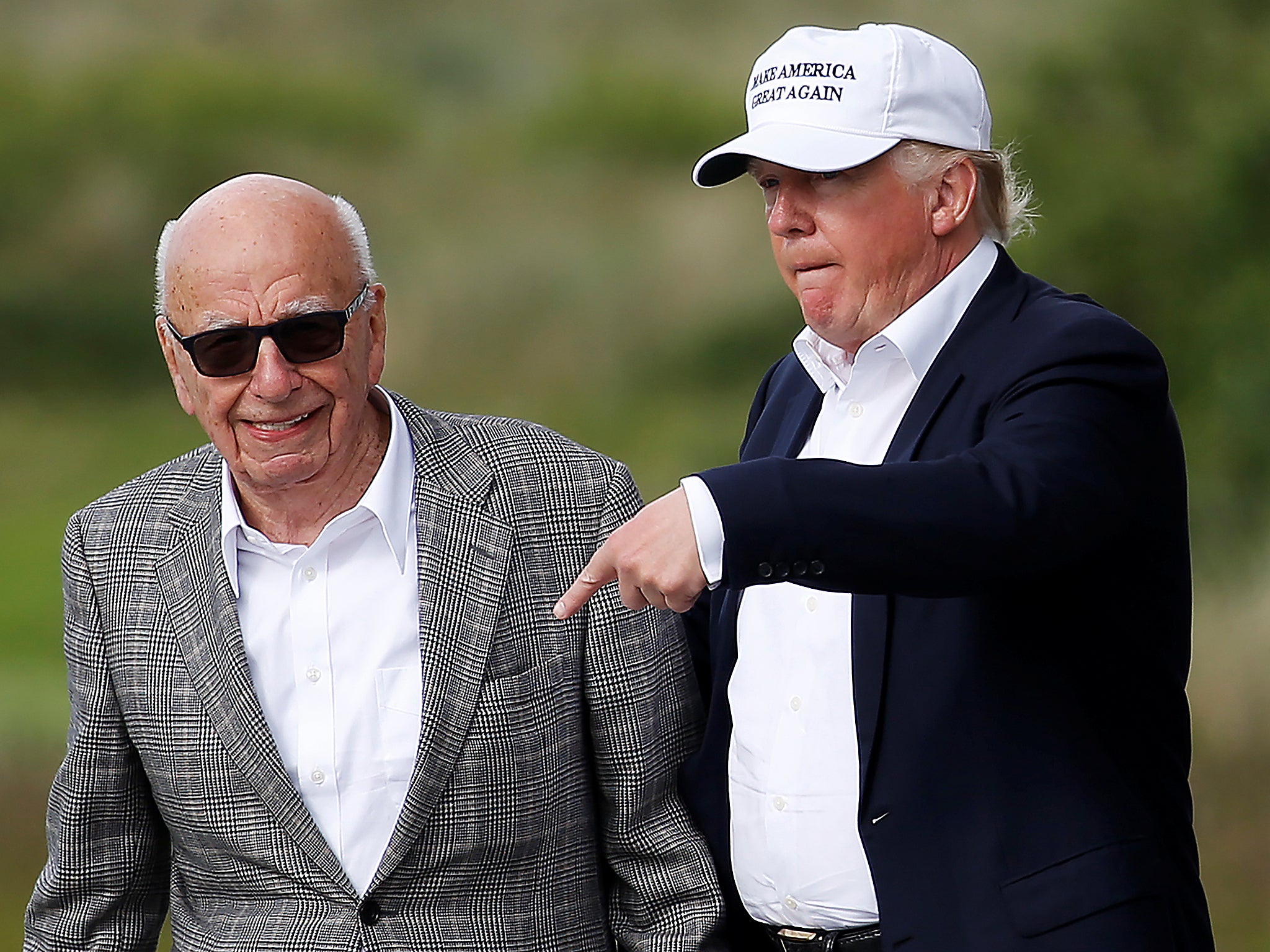
His climb back to the top has been swift and surprising, astute and ruthless. Against his father’s wishes, James pushed for the dismemberment of his father’s company – splitting the newspapers from the entertainment company in 2013. That shifted his father’s attention away from television – James’s arena – to the newspapers, Dad’s first love, and also freed 21st Century Fox from the regulatory hurdles against news monopolies in the UK. That had hindered the initial Sky bid. James is also said to have been behind the decision end his father’s 2014 bid for Time Warner – a deal pushed by his executive rival in the company, Chase Carey, that would have cemented Carey’s position and used funds otherwise available for a Sky acquisition. (21st Century Fox bid $85 a share for Time Warner – now AT&T has agreed to buy Time Warner for $108 a share.)

Then, in 2015, overcoming massive opposition from the company’s top executives, who had carefully kept James from any direct management role, James convinced his father to elevate both he and his brother to the top job. This accomplished one of his father’s key goals: bringing his oldest son, Lachlan – who, crossed by Murdoch executives, had retreated from the family business almost a decade before – back into the company. But James grabbed the CEO title and let it be known, to his father’s chagrin, that he was the first among equals, which few ever doubted.
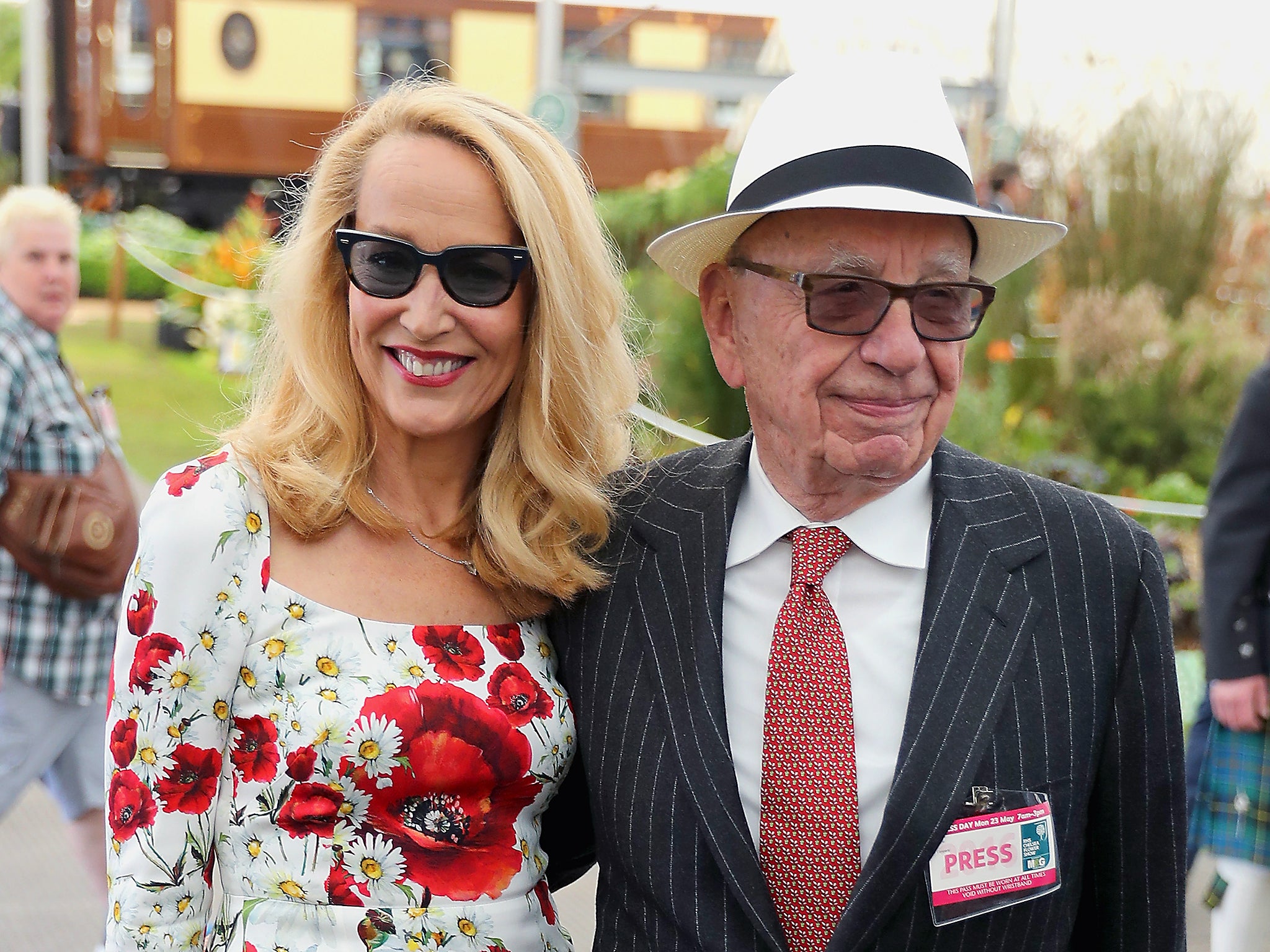
James, too, is said to have been a matchmaker in his father’s romance with Jerry Hall and their marriage this past spring, further distracting the 85-year-old patriarch from day-to-day management. This summer, when his father was vacationing with his new wife, James moved against the loathed Ailes. Long protected by the elder Murdoch, Ailes’s affronts to the sons were stuff of company legend. He had, with then-chief operating officer Peter Chernin, helped force Lachlan from the company in 2005. As Fox News grew ever more profitable – with profits in Ailes’s last year up to $1.5bn – Rupert Murdoch became even more unwilling to interfere with or moderate the network’s right-wing views, which had become increasingly embarrassing to the Murdoch children.
When the sons were appointed to the top job, Ailes publicly balked, then demanded and got a direct reporting line to Rupert Murdoch. Ailes’s implicit support of Donald Trump in the presidential campaigns and the open disdain the Murdoch boys showed for Trump led to a growing alliance between James and Fox star anchor Megyn Kelly during her public contretemps with Trump. (Fox insiders say it also led to a $25m offer for her to stay at the network—$5m more than the $20m Fox is paying its ratings leader Bill O’Reilly, the highest salary in television news. )
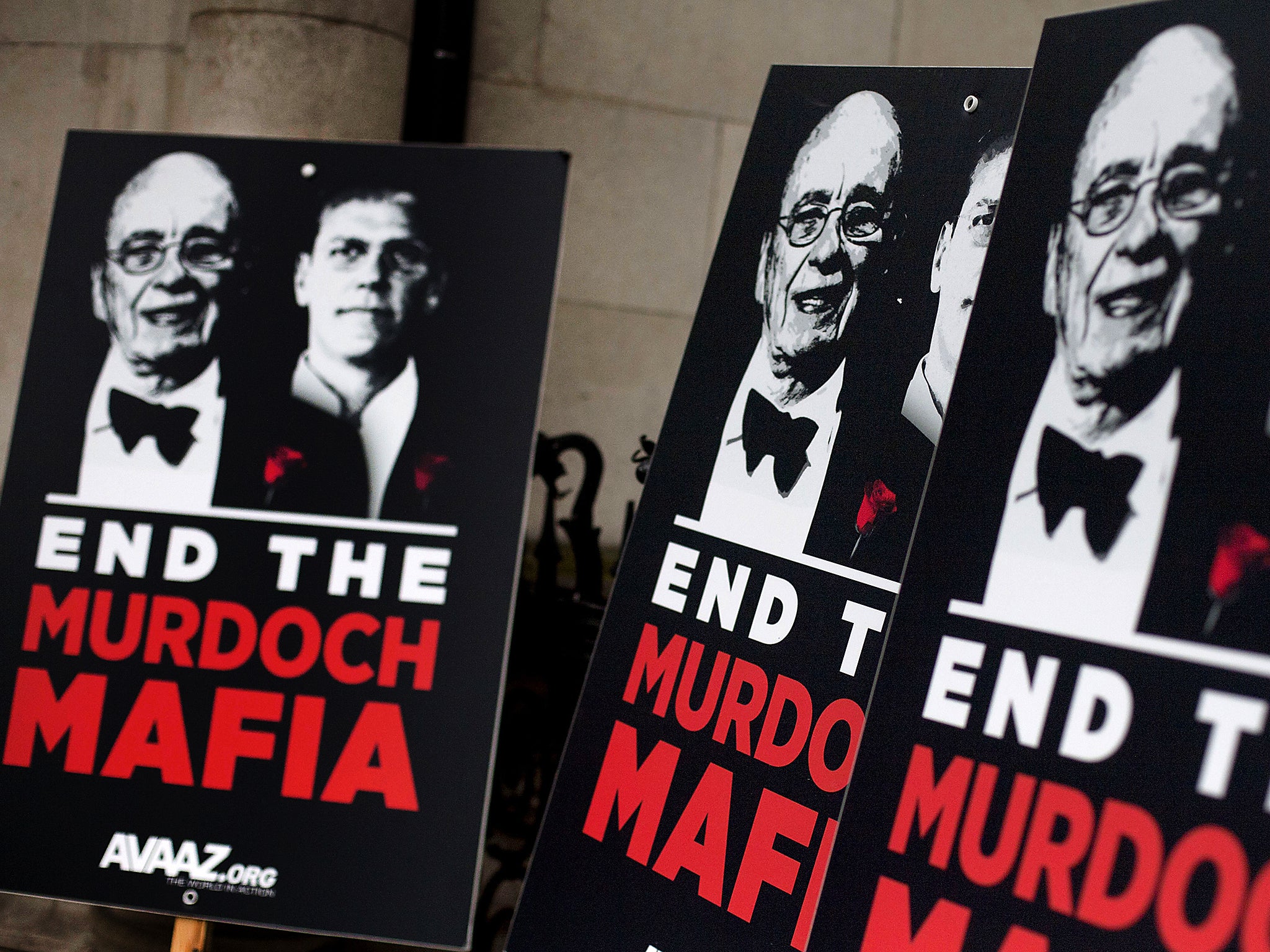
When Ailes was accused of sexual harassment in July by fired anchor Gretchen Carlson, James, with his father out of the country, hired an outside law firm to conduct a speedy investigation, leaked its allegations to anti-Ailes reporters, and enlisted Kelly as a star witness against Ailes. Ailes was gone in two weeks, an impressive testament to James’s son-of-a-bitch mettle.
The real prize here was not getting rid of Ailes, but gaining control of Fox, which James envisions, in a politically cleaned-up version, as the basis of an international news organisation carried on the Sky platform. Not incidentally, the Sky deal, which most observers believe will be approved by British regulators, means fully a third of 21st Century Fox’s assets will be James Murdoch territory, an important advantage when he reaches the ultimate face-off with his siblings for control of the entire empire. The Sky deal is an old-fashioned mogul moment: scores settled, lost prizes won, land and power grabbed.
© Newsweek
Join our commenting forum
Join thought-provoking conversations, follow other Independent readers and see their replies
Comments